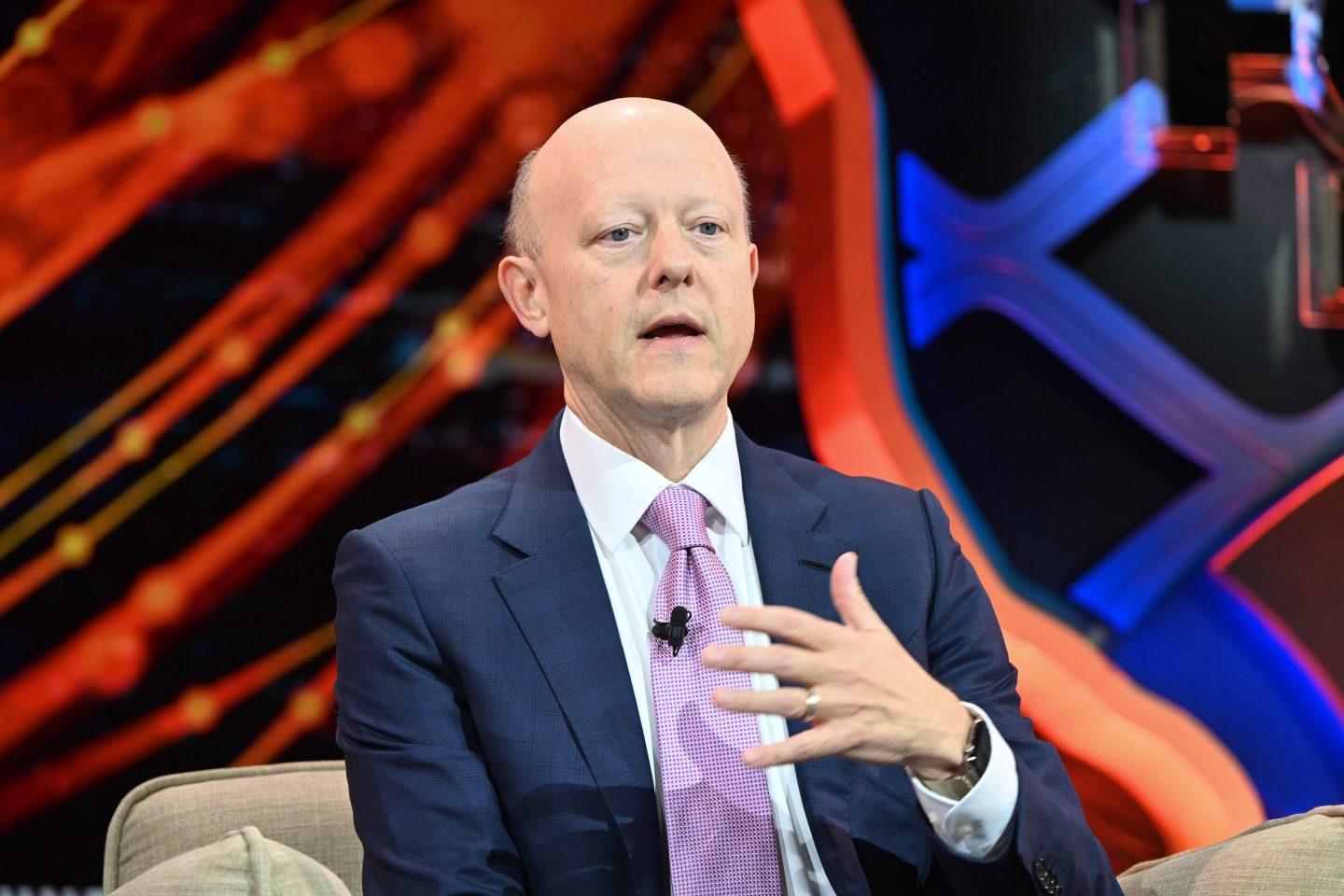As companies adopt new technologies like crypto and AI, governments worldwide will need to revamp their existing laws to account for companies that will become more reliant on machines and less reliant on humans, Jeremy Allaire, CEO of the stablecoin giant Circle, said Monday at the Fortune Global Forum.
“Most of our legal systems are not built around the idea of a corporation itself being entirely run by machines on the internet,” he added. “My own belief is that over the next five years—and certainly over the next five to 10 years—almost every legal system in the world will need to be a machine-governed economic system.”
Allaire’s comments come as nations race to catch up with the breakneck pace of AI development and the increasing adoption of blockchain technology at major financial institutions.
Since January, all 50 U.S. states have introduced AI-related legislation, according to the National Conference of State Legislatures. That includes California, which passed a law in September requiring AI developers to publish public frameworks about how their models incorporate industry best practices, among other requirements.
Alongside the rush of AI-focused legislation, governments, especially that of the U.S., have also prioritized the passage of regulatory frameworks for cryptocurrencies. In July, President Donald Trump signed a bill that spelled out legal guardrails for stablecoins, or cryptocurrencies pegged to underlying assets like the U.S. dollar. And the Senate is deliberating over the passage of a broader bill that governs crypto market structure and includes text about which federal agencies will regulate which classes of crypto assets.
The recent crypto legislative push is an about-face for the federal government, which, under President Joe Biden, cracked down on crypto companies in what industry boosters said was a form of “regulation by enforcement.”
“There’s been a lack of clarity on regulations,” Jenny Johnson, CEO of asset manager Franklin Templeton, said at the Fortune Global Forum, referring to the obstacles that have prevented large finance companies from adopting crypto.
But with the recent passage of stablecoin legislation and upcoming negotiations over the crypto market structure bill, that appears to have changed. Now, traditional financial institutions like Franklin Templeton and the bank Standard Chartered have leaned even further into digital assets and transact “on chain,” that is, on blockchains.
“We have had, and have had for a long time … a conviction that most, if not all things, will settle on chain,” said Bill Winters, CEO of Standard Chartered, at the event.












